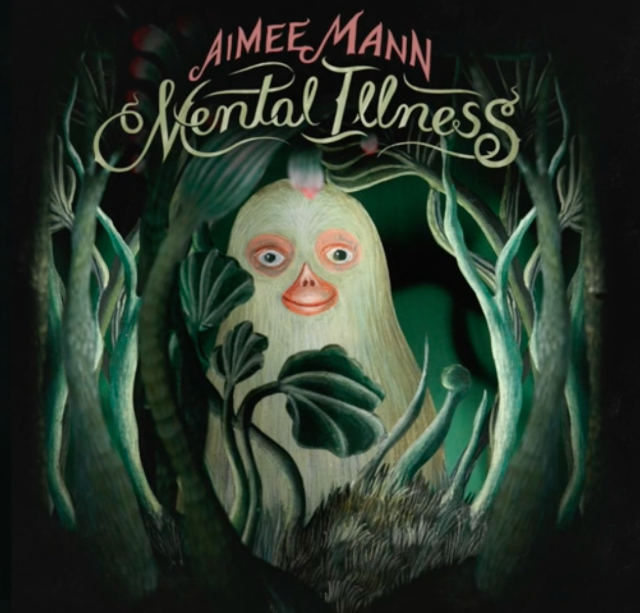Everyone gets sad once in a while. Actually typing that sentence out feels a bit ludicrous because it’s so obvious. Of course everyone feels sadness every now and then. It’s human nature. But for many people, it’s not enough to feel blue. No’ they have to take their melancholy to a new level, actively seeking out art to make them even more miserable. The now-redundant trope of girls tearfully curling up to The Notebook after a traumatic breakup is no coincidence, and neither is listening to The Smiths or Coldplay when you need a good cry.
Sometimes you don’t want to seep in sadness though. Sometimes what you need most is reassurance that things will be okay. That doesn’t necessarily mean you’re ready to break out in a happy-go-lucky jig and turn up to Katy Perry’s “Chained to the Rhythm,” or even Ed Sheeran’s slightly more subdued “Shape of You.” No — sometimes you need music both subdued and uplifting, somehow finding equilibrium between two polarized emotions. Luckily there is an answer to this call, because Aimee Mann has accomplished it with her latest album, Mental Illness.
Mann is perhaps most famously known for her song “Save Me,” which was featured on the soundtrack of the 1999 drama, Magnolia. From that song alone, you perceive Mann as a woman who knows how to write about melancholy well. Mental Illness only reinforces this belief. Predominantly composed of acoustic guitar, gentle strings and layers of intermittently challenging harmonies, Mann brings together an album that is sorrowful yet comforting.
Mental Illness’s simple construction strikes you first. The album starts with the single sound of a hand bell, slowly followed by the gentle guitar picking that signals the beginning of Mann’s first song, “Goose Snow Cone.” That being said, never once does a song turn boring. Mann’s third song, “You Never Loved Me,” starts off with that same simplicity but continues to build in momentum, adding harmonies, distant percussion and soft strings to keep the listener engaged. It’s slow, straightforward and uncomplicated yet complex in its own way.
Because her songs carry a simple structure, the main focus of each track is Mann’s voice. Folksy by nature, Mann’s low, smooth alto is mature. There’s no belting or powerhouse riffs present in any of her numbers, and that’s fine — her slightly haunting, measured voice is one that draws the listener’s attention without explicitly demanding it. “Knock it Off” is a prime example of this, allowing for a natural wavering that only enhances Mann’s authenticity. Listening to her is almost like having a story read to you by a loved one, filling you with an easy, peaceful feeling of warmth and comfort.
Much like the renowned folk singer Joni Mitchell, Mann manages to fill her listeners with a blue-tinged calmness. Mental Illness will surely be the latest to land itself on people’s “sad song” playlists — by listening they’ll be able to find not only the sadness they’re looking for, but also a sense of much needed ease.




